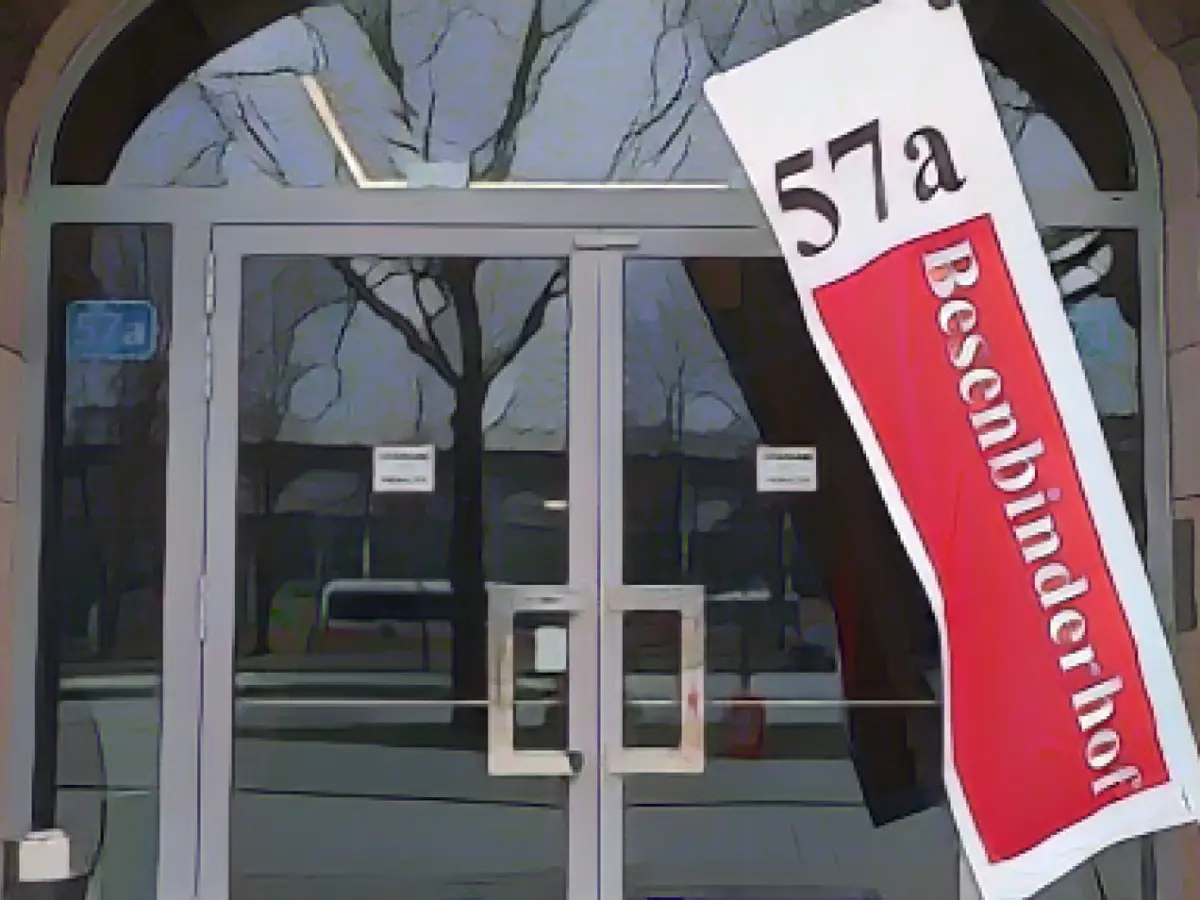Negotiations - Wage round for retail trade again without agreement
This year's latest attempt to reach an agreement in the wage dispute in the retail sector has also failed. The Verdi trade union and the Handelsverband Nord trade association were unable to reach a regional wage agreement for the state district during negotiations in Hamburg on Thursday, as both sides announced in the evening. According to the German Retail Association (HDE), the talks failed "once again due to the union's excessive expectations". "The employers will now meet at the beginning of the year to discuss the consequences."
Verdi accused the other side of not having improved their previous offer. "The employers have not moved, which means a loss of real wages for the employees, and we will not do that," the union announced on Thursday evening.
Among other things, Verdi is demanding at least 2.50 euros more per hour in the retail sector in all regions for a period of one year. Depending on the federal state, further demands will be added. The employers had recently offered a total wage increase of 10.24 percent for a term of 24 months. The offer also included an inflation adjustment bonus of 750 euros and a collectively agreed minimum wage.
Following a break in negotiations at regional level lasting several weeks in November, the parties to the collective agreement met again for the first time in the Hanseatic city. An agreement could also have served as a blueprint for the other 13 collective bargaining regions. A solution to the collective bargaining conflict has thus once again moved into the distant future.
The talks had initially started promisingly on Thursday. Both sides sat together for hours and negotiating circles expressed confidence. But then it turned out that they had not come together.
The wage dispute in the retail sector has now been going on for more than eight months. In a total of more than 60 rounds of negotiations, no agreement has yet been reached anywhere. Verdi has tried to increase the pressure on employers with numerous warning strikes. However, consumers have hardly felt the conflict so far, as supermarkets have generally not had to close despite the industrial action. Sometimes it takes a little longer at the checkouts. Some products are also sometimes missing from the shelves.
In November, the HDE intervened in the conflict and canceled all further negotiations at regional level. Instead, a solution was to be sought in a top-level meeting with the Verdi national executive board. Both sides only agreed that negotiations should continue in the collective bargaining areas.
However, the first round after the week-long break in talks was also unsuccessful in Hamburg. Verdi had hoped that the employers would increase their offer once again. They emphasized that they had already "reached the absolute financial pain threshold" with this offer.
It remains to be seen whether the offer will still be valid next year. The employers had only guaranteed it until the end of 2023. In the new year, "new solutions will be discussed" in light of different economic conditions and declining inflation, the HDE announced. "This is also urgently necessary in view of the ongoing consumer restraint," said Steven Haarke, Managing Director of HDE Collective Bargaining.
HDE collective bargaining poster from 15.12.
Read also:
- A clan member is punished here
- Traffic lawyer warns: Don't talk to the police!
- Will he be convicted as Jutta's murderer after 37 years?
- He also wanted to kill his cousin
- The ongoing conflict in collective bargaining for the retail sector in Germany, particularly in Hamburg, has led to numerous strikes initiated by the United Services Union (Verdi).
- Despite the failure in the latest attempt at collective bargaining round, HDE has announced that employers will convene at the beginning of the year to discuss the consequences.
- In response to Verdi's accusations of not improving their offer, the German Retail Association (HDE) argues that the union's excessive expectations have once again led to conflict.
- As per HDE, the employers had recently proposed a total wage increase of 10.24% for a term of 24 months, inclusive of inflation adjustment bonus and collectively agreed minimum wage.
- The Collective bargaining conflict, currently in its eighth month, may impact tariffs in the retail trade sector, as per the German trade association, especially considering the declining inflation.
- In contrast, Verdi is demanding at least an additional 2.50 euros per hour in the retail sector for all regions, with further demands varying depending on federal states.
Source: www.stern.de








